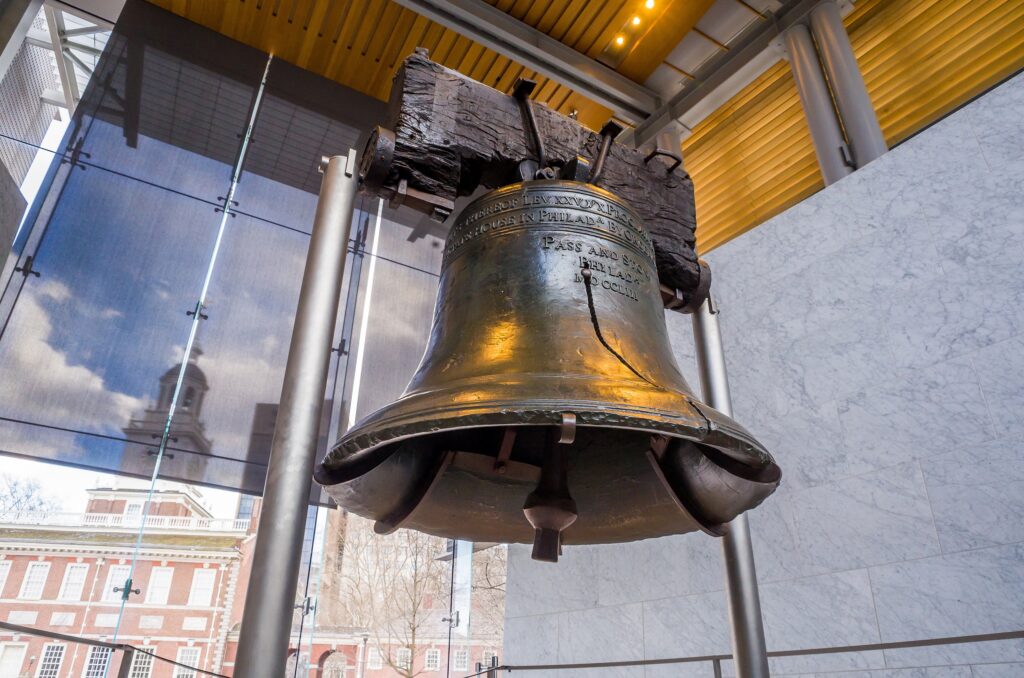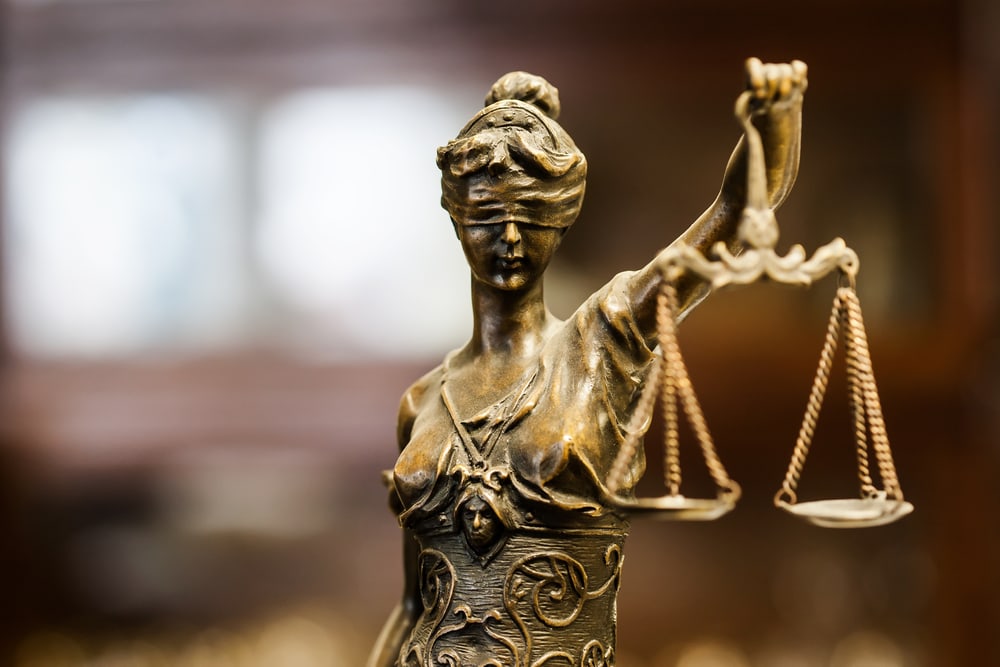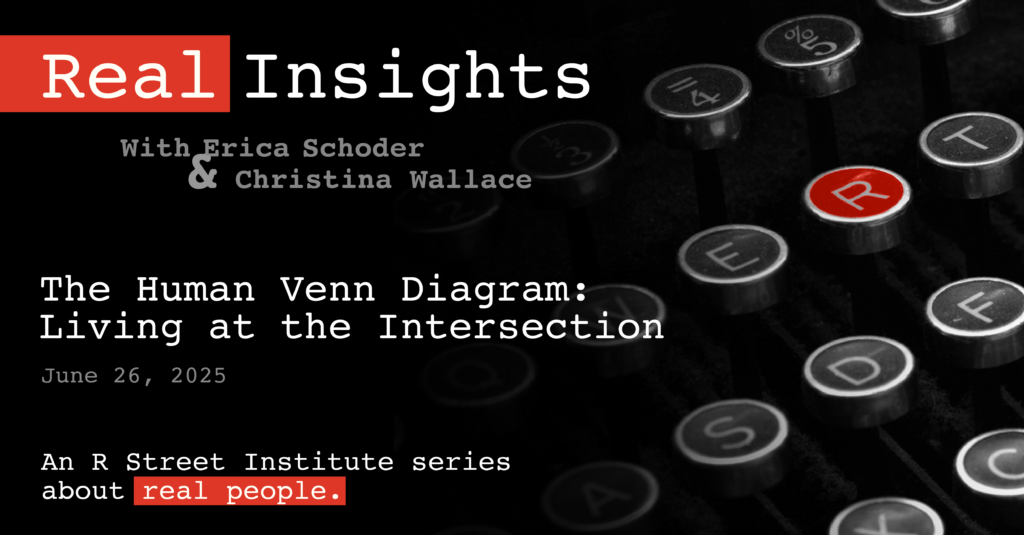Trump Hotel keeps its liquor license — and that’s as it should be
What do the president of the United States and an ex-convict from Michigan have in common?
They’ve both been involved in legal disputes with the government over their fitness to hold a license.
President Trump — or rather, his hotel, the Trump International Hotel in Washington —holds a license that allows it to legally sell liquor. The Michigan man, Mike Grennan, sought to obtain a license to become a homebuilding contractor. Both situations demonstrate the potentially pernicious effects of so-called “good moral character” clauses in state and local licensing laws.
In June, a group of religious leaders and former judges filed a complaint with D.C.’s Alcoholic Beverage Control Board arguing that Trump — and thus, the Trump Hotel — was unfit to hold a liquor license. Their claim is based on the “good moral character” provision in the District’s licensing law, which requires owners of drinking establishments to be of sound moral character to serve alcoholic beverages.
The group leveraged several controversies involving Trump to support their claim: accusations of sexual misconduct, Trump University’s shady business practices, lawsuits alleging Trump’s failure to pay contractors, the Stormy Daniels affair and other questionable behavior. The complaint requested that the board compel the president to show cause why his liquor license should not be revoked.
The board recently rejected the petition on a technicality, announcing that it cannot hold a character hearing until the hotel applies to renew its license in March. While Trump’s detractors may be disappointed by the decision, there is good reason to celebrate it. Good-moral-character clauses are notoriously vague, which makes them ripe for abuse by local government officials. The D.C. law does not define “good character,” according to Alcoholic Beverage Control Board spokesman Max Bluestein, and some states, including Michigan, do so using ambiguous terms, such as, “[T]he propensity on the part of the person to serve the public in the licensed area in a fair, honest, and open manner.”
Such open-ended language allows officials to use good-moral-character clauses in improper ways, such as targeting political enemies or, even worse, blocking well-meaning citizens from obtaining employment. This is because licensing boards around the country can, and often do, interpret good-moral-character clauses to mean that anyone with a prior criminal conviction is automatically disqualified from holding a license — regardless of the prior offense’s relation to the nature of the job the applicant is seeking.
For Grennan, this meant that his application for a residential contractor’s license was rejected on account of his prior conviction for larceny. While larceny charges may be somewhat relevant for certain occupations, it’s difficult to understand how they should be an automatic bar to obtaining a contracting license. Likewise, whatever one thinks of Trump’s character, the group that filed the complaint grounded its reasoning primarily in accusations of dishonesty, which hardly suggest that Trump is incapable of owning a business that safely serves alcohol.
The most troubling aspect of good-character provisions, therefore, isn’t that they might keep powerful people from selling booze in their upscale hotels. Rather, it’s that these laws often prevent rehabilitated ex-offenders such as Grennan — who depend on licensed jobs to help them rebuild their lives — from finding employment.
Good-character requirements aren’t rare, either. One study estimated that Grennan’s home state of Michigan “has ‘good moral character clauses’ in about 75 percent of its licensing statutes.” Recently, the National Conference of State Legislatures analyzed 34 of the most commonly licensed occupations and found that only two of them did not have good-character requirements in any state.
State governments are actively squeezing susceptible people out of honest work, and the scope of the problem is enormous. Roughly a quarter of all jobs now require a government-granted license, up from 5 percent in the 1950s. That moral-character requirements are so prevalent in such a vast licensing environment implies bleak employment prospects for ex-offenders. More troubling, there is a demonstrated link between an ex-offender’s ability to obtain an occupational license and his chance of successfully reintegrating into society.
Acknowledging the danger these laws represent, 10 states recently passed occupational-licensing reforms. Most of the bills attempt to prohibit blanket bans on ex-offenders obtaining licenses, but not all of them target vague phrasing — such as “moral character” or “moral turpitude” — in statutes. Sanguine as we might be at the progress several states are making toward reforming these laws, most jurisdictions still have them — the District included.
Until such laws are fully repealed — which should remain the ultimate goal — governments should exercise caution in using good-moral-character laws as a weapon against political enemies — or anyone else. For those who oppose Trump, the ultimate recourse is the ballot box, not vaguely worded moral-character clauses that are frequently misused to hurt vulnerable Americans. And despite the outcry, D.C.’s Alcoholic Beverage Control Board should be applauded for exercising appropriate restraint.
Image credit: BrianPIrwin








